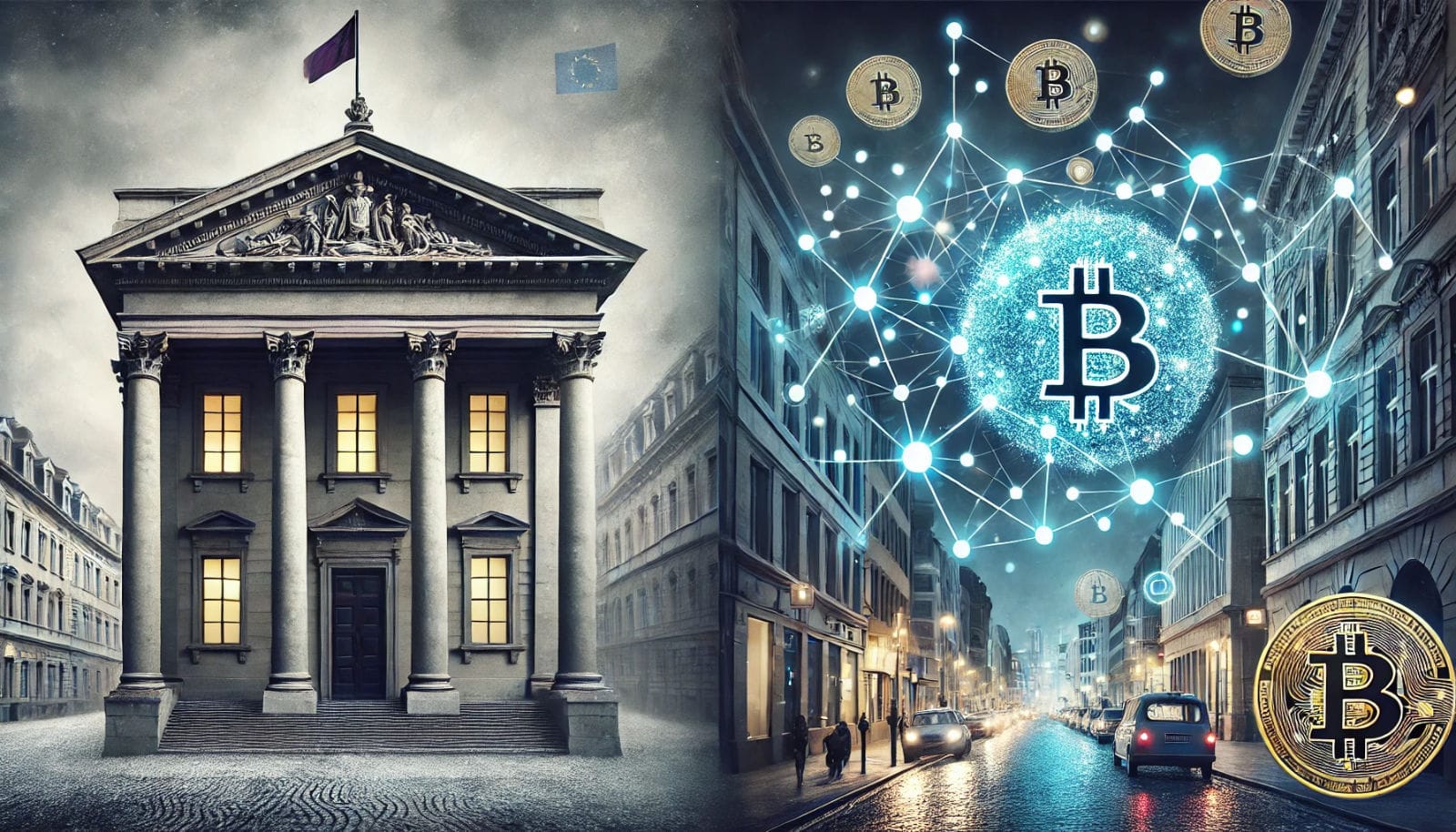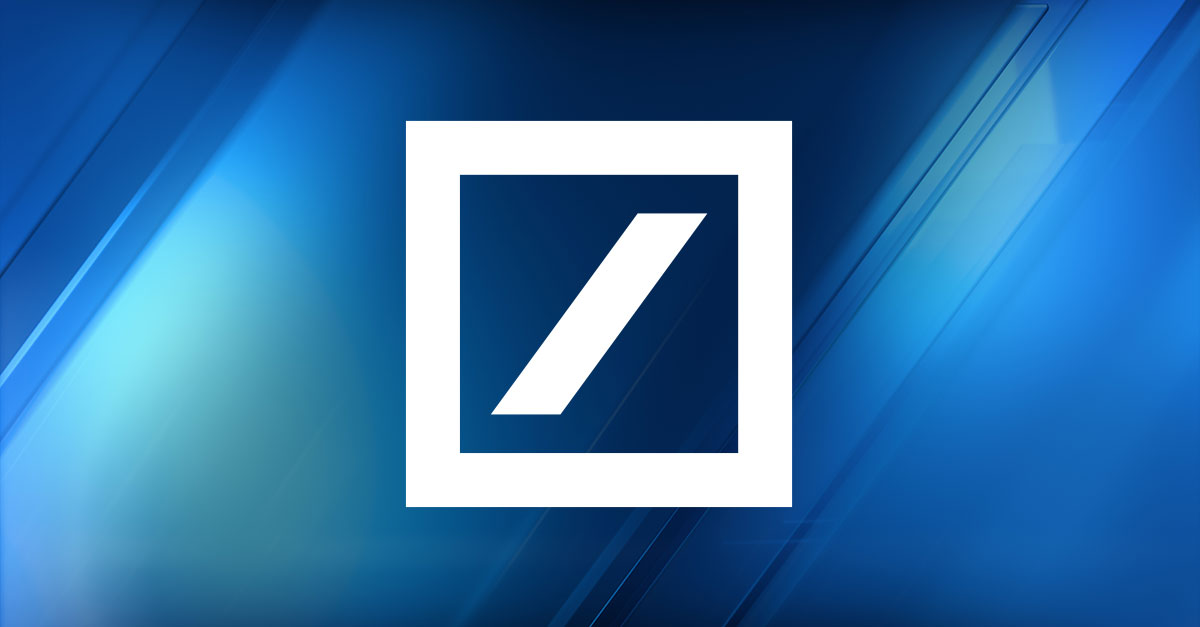The Netherlands is the slowpoke in class.
Deutsche Bank hails Bitcoin as “digital gold” while Europe surges ahead in crypto—with all but the Netherlands embracing the trend. Ethereum’s Pectra upgrade, Binance’s $2B deal, and a controversial US Bitcoin reserve proposal signal crypto’s bold new era.

Peter
"Bitcoin could become the digital gold of the 21st century."
That statement isn’t coming from a visionary tech entrepreneur or a TikTok finfluencer. It’s coming from Deutsche Bank – one of Europe’s largest and most conservative banks. In a recent publication, French economist Marion Laboure, a macro analyst at the bank, describes bitcoin as a modern store of value. It is viewed as a safeguard against inflation, geopolitical risks, and the unpredictable policies of central banks. In short, it’s the contemporary alternative to gold.

You might think that if even a giant like Deutsche Bank is voicing this, something must have shifted. And it has. What’s even more striking is that the Netherlands appears to be the only place in Europe that hasn’t caught on.
Last week, analyst Patrick Hansen published an overview of European banks active in crypto. His findings? Over fifty banks across the continent now offer crypto services such as storage, staking, trading, or payment processing. These aren’t obscure niche players – they’re major institutions. Société Générale in France boasts a fully licensed crypto division. BBVA in Spain even offers bitcoin and ether in its banking app. DZ Bank in Germany manages crypto services for hundreds of other banks. And what about Switzerland? They have full-service crypto banks where you can borrow, pay, and stake.
Europe is leading the world in terms of crypto-friendly banks 🏦
— Patrick Hansen (@paddi_hansen) March 11, 2025
While the U.S. OCC just issued guidance allowing banks to engage in crypto services such as custody or stablecoin services, European banks are already years ahead.
BBVA Spain is the latest example, announcing… pic.twitter.com/2FRr38FA2k
And what about the Netherlands?
The country is notably absent.
No ING. No ABN AMRO. No Rabobank. There’s no public stance, no experiments, no strategy. Instead, Dutch banks continue to hide behind vague risk assessments and excessive caution with regulators. It’s as if it were still 2017, when bitcoin was only for hackers, gamblers, or rebellious libertarians.
But the world has moved on.
With MiCA, Europe has finally established a clear legal framework. For the first time, banks can develop digital asset services within a regulated environment. While the United States got mired in lawsuits, enforcement, and uncertainty, Europe has clarified the rules – and that presents a unique opportunity. Europe is forging ahead, while the Netherlands lags behind, dismissing it as mere hype.
It’s a shame. And it’s a mistake.
Whether you’re a crypto enthusiast or not, the underlying trend is real. Increasingly, financial infrastructure is being built around digital assets. Those who don’t invest today will miss out tomorrow. The banks gaining expertise in custody, infrastructure, and customer needs now will soon become the gatekeepers of the new system. They aren’t mavericks; they’re established system banks – and they’ve already started.
The Netherlands isn’t trailing because it lacks the capability. We are falling behind because we’re too cautious – too afraid of reputational damage, too hesitant to move forward, and too reluctant to show public curiosity. Meanwhile, the path is clear, the technology is maturing, and customer demand is growing.
The question is: do we want to lead again, as we did with iDEAL, Tikkie, and mobile payments? Or will we later watch in disbelief as neighboring countries forge ahead with forward-thinking banking?
Are you a Plus member? Then we continue with the following topics:
- Fine for BUX: Affiliate Parties Are Over
- Ethereum’s Pectra Upgrade Is Coming
- Binance Strikes a Political Deal
- BITCOIN Act: A Million BTC in the Vault?

